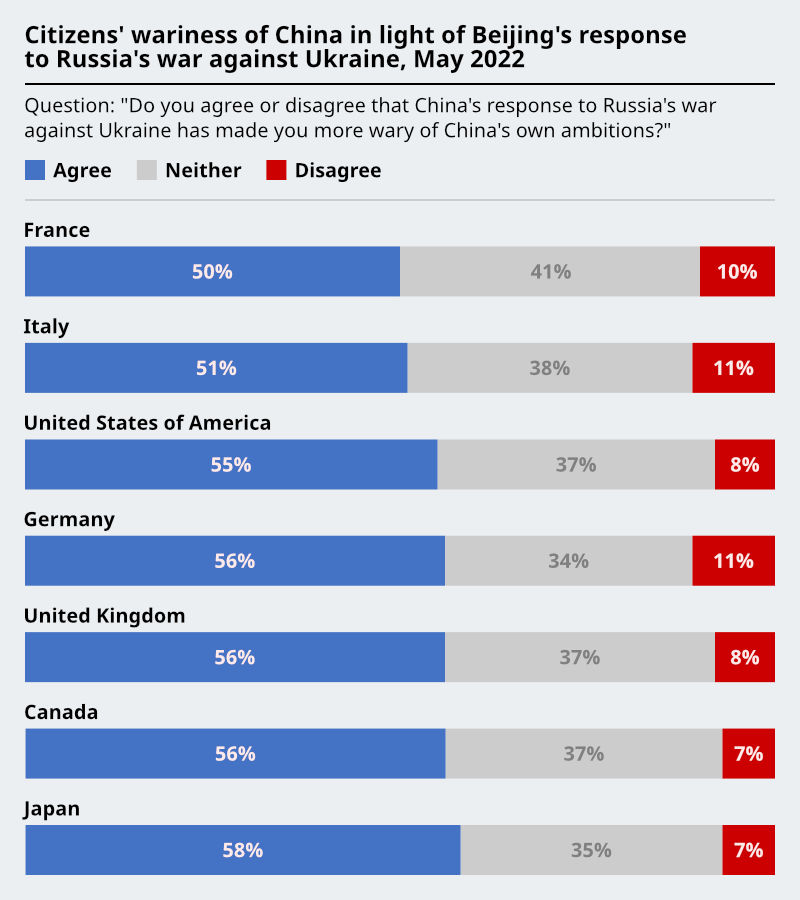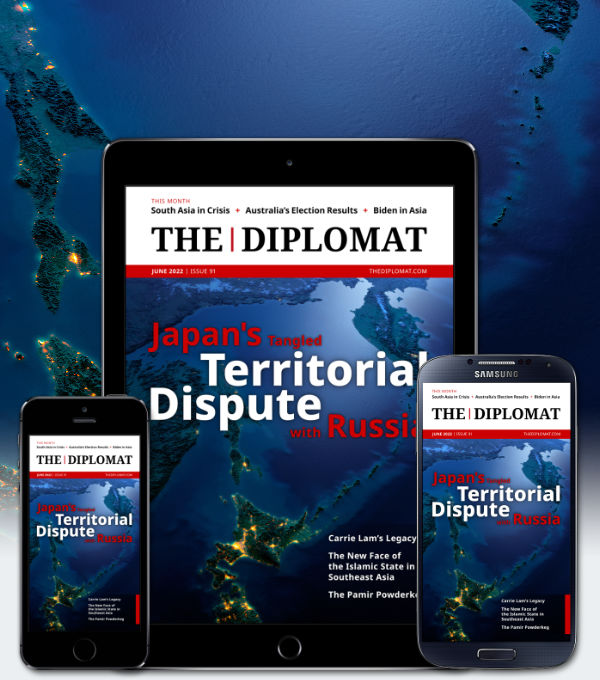| Welcome to the latest issue of Diplomat Brief. This week our top story digs into the prospects for Russia’s energy sector in the Asia-Pacific. We also have an interview with Ryuichi Kato, vice president of the Japan International Cooperation Agency (JICA), on Japan’s development cooperation with Africa. |
| Story of the week |  | Economy Asia Can’t Save Russia’s Energy SectorWhat Happened: Since Russia invaded Ukraine in February 2022, its energy exports to Europe have plummeted. With European countries actively seeking to wean themselves from Russian energy, Moscow has looked to Asian countries – most notably China and India – as alternate buyers. Our Focus: Russia’s exports of gas to China and India have largely remained on previous trajectories, with pipeline infrastructure as the limiting factor. Oil sales, meanwhile, surged, but the risks – and lack of competing buyers – mean Russia is having to offer its crude at lowered prices. In the short term that is masking the pain for Russia’s energy sector, but over the long term it will prove harder to sustain. “Russia cushioned the initial blow of sanctions with huge influxes of energy revenues supported by demand in Asia. These new trade flows ultimately depend on selling at prices below the market rate realized elsewhere,” writes Nicholas Trickett, an expert on oil and gas markets, especially in Russia and the post-Soviet space. “That works when prices are high. They won’t stay high forever.” What Comes Next: The decision to ban insurance for seaborne shipments of Russian oil will further ramp up the risks for Asian buyers, likely pushing prices ever lower. “Nearly all – 97 percent – of seaborne crude tankers from Russia headed to India in April-May were insured by firms in the U.K., Norway, and Sweden, all parties to the insurance/reinsurance ban that has now taken effect,” Trickett notes. In other sectors, like gas and coal, Russia’s exports to China, India, and beyond are “quickly running into the logistical limits of what existing infrastructure can sustain.” That means the much-reported surge in imports of Russian energy by China and India may be followed by a plateau, rather than continuing to climb. Read this story |
| Behind the News | INTERVIEW Ryuichi KatoRyuichi Kato, vice president of the Japan International Cooperation Agency (JICA), on Japan’s approach to geopolitical competition in Africa: “I believe our role in Africa is not to compare or compete with emerging donors, such as China and India, but to meet the true needs of African people, who want to develop sustainably, inclusively, and peacefully, through their own initiatives and efforts” Read the interview |
| This Week in Asia | Northeast Asia Japan, South Korea Attend NATO SummitJapanese Prime Minister Kishida Fumio and South Korean President Yoon Suk Yeol are both attending the NATO summit currently underway in Madrid, Spain. It’s the first time the United States’ East Asian allies (along with Australia and New Zealand) have taken part at the leader level in a summit for the transatlantic alliance. Their attendance signals both a desire for increased global (and not just regional) leadership on the parts of Kishida and Yoon as well as NATO’s increasing focus on the China challenge. Find out more | South Asia Protests in India Over Military RecruitmentThe Modi government’s new military recruitment policy – which would discharge three-quarters of recruits after just four years – sparked anger in India, where military service has long been seen as a pathway to a good job (and a good pension) for young men with few other opportunities. Since the policy was rolled out on June 14, Indian cities have seen violent protests while the government attempts damage control without budging on the central issue. Find out more | Southeast Asia Marcos Begins Term as Philippines’ PresidentOn June 30, Ferdinand Marcos Jr. will be officially sworn in as the 17th president of the Philippines, initiating his single six-year term. The son of the former dictator scored a lopsided victory at last month’s election, after a campaign that critics say was fueled by a misinformation campaign aimed at recasting Marcos Sr.’s 1972-1986 Martial Law period as a golden age of prosperity and stability. The inauguration will be held amid tight security in the capital Manila, with the head of the Philippine National Police warning of arrests for any anti-Marcos protesters who damage property or obstruct traffic during the inauguration ceremony. Find out more | Central Asia The Constitutional Change Circus Moves to Uzbekistan NewIn early June, Kazakhstan held a referendum that approved constitutional changes. Uzbekistan is next. Although a date hasn’t been set, President Shavkat Mirziyoyev has been beating the constitutional change drum since December. It’s clear one of the intended outcomes of tinkering with the Uzbek constitution in 2022 will be zeroing out Mirziyoyev’s terms, enabling him to blow past the two-term limit. How very much like Karimov. Find out more |
| Visualizing APAC |  | Public opinion in the G-7 countries has grown more suspicious of China in light of Beijing’s support for Russia’s invasion of Ukraine. See the full picture |
| Word of the Week | Diplomacy रोटी बेटी का रिश्ताRoti-beti ka rishta, Hindi for “food and marriage ties,” or more generally religious and cultural links, the phrase has long been used to describe India-Nepal relations. Find out more |
|  |




